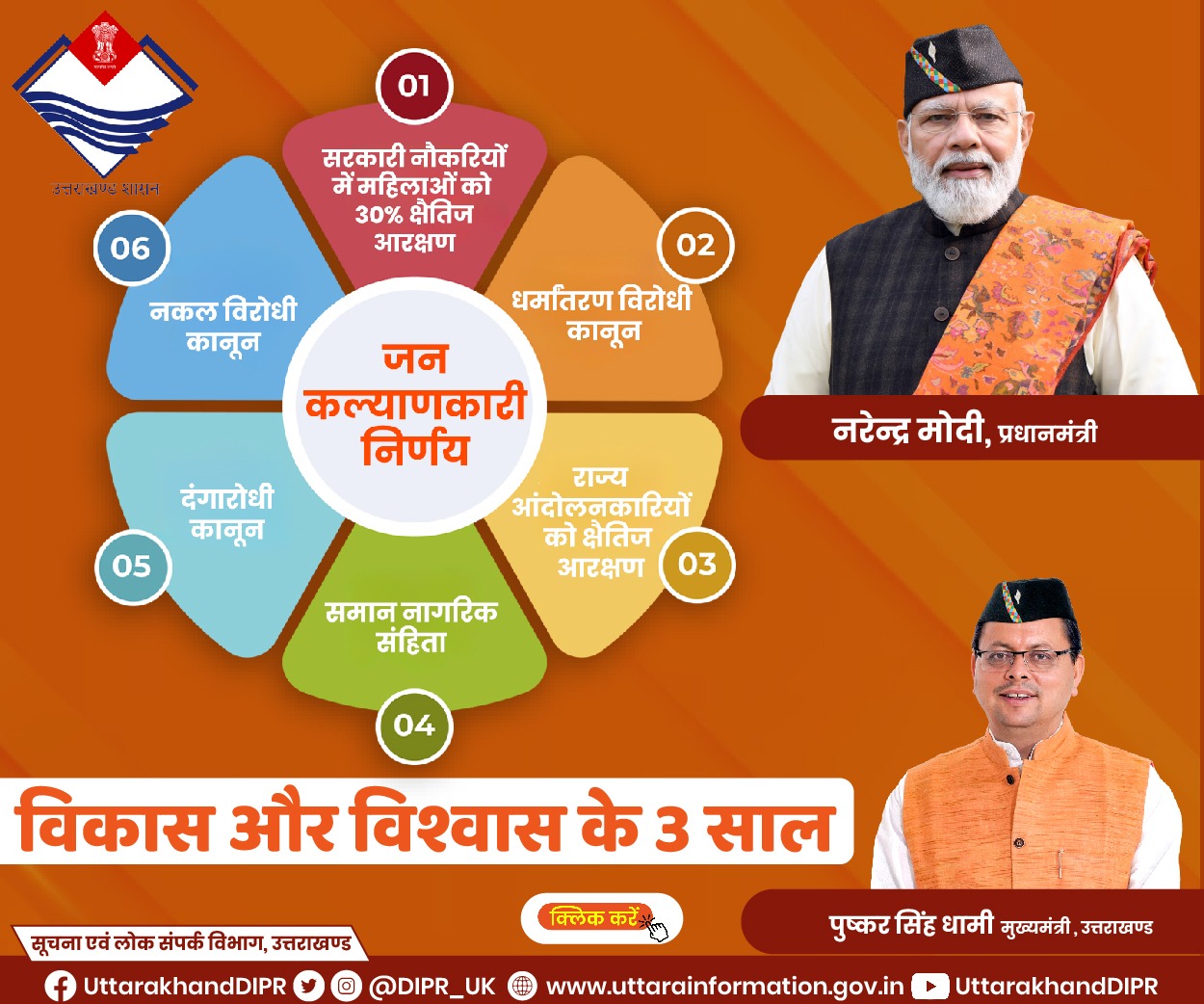Delhi : The Supreme Court of India rendered a historic decision in response to petitions contesting the Central Government’s 2019 decision to repeal Article 370 of the Constitution, which gave Jammu and Kashmir special status. Chief Justice D.Y. Chandrachud led the court in upholding the abrogation and stating that it was constitutionally permissible.
Following a lengthy 16-day trial that featured arguments from eminent legal experts such as Attorney General R. Venkataramani, Solicitor General Tushar Mehta, and senior counsel Harish Salve, Rakesh Dwivedi, and V. Giri, this much awaited decision has been rendered. The petitioners disputed a number of related issues, including the constitutionality of the abrogation, the subsequent Jammu and Kashmir Reorganization Act, and the implementation of President’s rule in the state.
Important Lessons from the Judgment:
Article 370 Abrogation Upheld: The Supreme Court decided that the Central Government’s decision regarding Jammu and Kashmir will stand and that the abrogation of Article 370 was constitutionally lawful. The abrogation decision on August 5, 2019, is final and cannot be overturned.
Temporary Nature of Article 370: Given the state’s ongoing state of war, the Chief Justice recognized that Article 370 was a temporary solution. He went on to say that even in the absence of the Jammu and Kashmir Constituent Assembly’s recommendation, the President might still issue a notification nullifying Article 370.
Jammu and Kashmir is a Part of India: The Court reaffirmed that Jammu and Kashmir became a part of India when Raja Hari Singh signed the Instrument of Accession, combining the two regions’ sovereignty. The Jammu and Kashmir Constitution was subsequently superseded by the Indian Constitution.
Polls and Statehood: Based on the recent delimitation process, Chief Justice Chandrachud stressed the importance of conducting polls in Jammu and Kashmir as soon as possible. The Court further urged the Central Government to think about giving Jammu and Kashmir its independence back.
Validity of President’s Rule: In the run-up to the abrogation, Jammu and Kashmir was subject to President’s rule, which the Court declined to rule on.
Consequences of the Decision:
The ruling of the Supreme Court will have a big impact on Jammu and Kashmir’s destiny. It opens the door for more integration between the area and the rest of India, which could lead to increased infrastructure and economic growth. Additionally, the decision fortifies the Central Government’s stance on the matter and upholds its power.
Still, there will probably be differing opinions on the decision. While proponents of the abrogation view it as a historic step toward settling the long-standing Kashmir dispute and bringing the country together, opponents may voice concerns about possible effects on the region’s distinct character and autonomy.
Gazing Forward:
The Supreme Court’s decision has established the legal framework for Jammu and Kashmir’s future. Even while there are still some questions, it seems obvious where increased integration and development are headed. The Central Government is now responsible for ensuring the prosperity and well-being of the people of Jammu and Kashmir by implementing its policies in a sensitive and inclusive manner.
Extra Details:
- The Supreme Court of India’s official website provides access to the court’s ruling.
- Numerous media outlets and news websites have released in-depth evaluations on the decision.
- Readers interested in learning more about the politics and history of Jammu and Kashmir can consult academic publications and articles.



